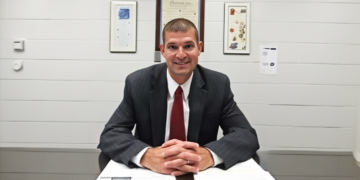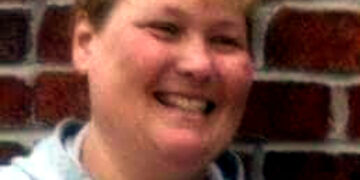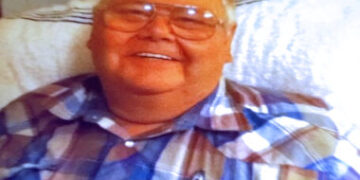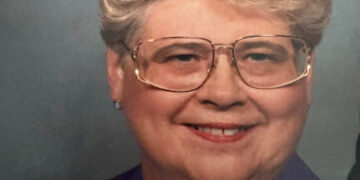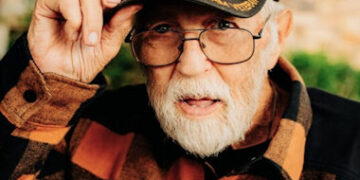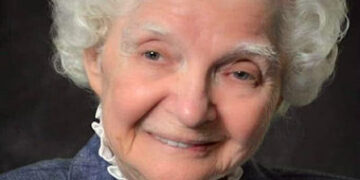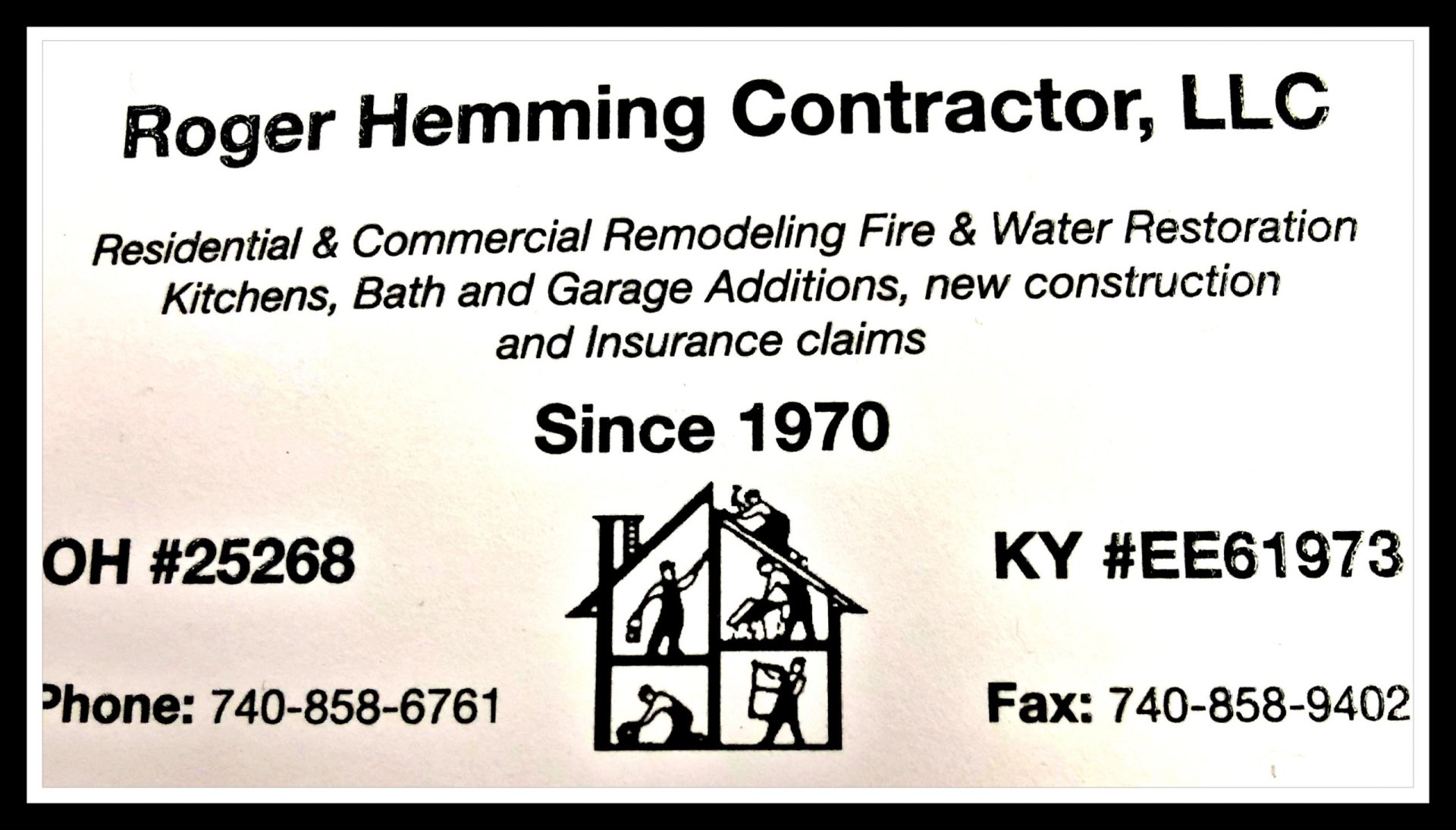With more than 100 sobriety homes as well as treatment and recovery facilities in Scioto County — and a population of under 72,000 — many locals are asking: Is this too much of a good thing?
But for long-time resident and recovering addict, Todd Eichenlaub, the answer is more nuanced.
“Yes, there are a lot of treatment centers. But people need to understand — this community is doing something right. We’re setting the model for the nation.”
He’s living proof. Clean for over three years after a 25-year battle with addiction, he credits Portsmouth’s recovery infrastructure not just with saving his life, but with helping rebuild it.
“The sober living facilities here — if they’re run right — they work. You’re drug-tested. You go to meetings. If you mess up, you have to stabilize or go. That accountability saved me.”
He’s candid about the system’s flaws. “Sure, there are bad players who abuse the system for insurance money. But that’s true everywhere. The majority of the people I meet in sober living are trying. They’re going to meetings. They’re working. They’re building back better.”
Many, like him, become productive members of the community, buying homes, stimulating the local economy, and giving back.
“These facilities employ a lot of people. They bring in revenue. The three big drivers in Portsmouth are Shawnee State, SOMC, and the treatment industry. Take one away, and this town’s economy would take a huge hit.”
Eichenlaub is also hopeful about pending legislation. Ohio House Bill 58 — which proposes new oversight and certification standards for recovery housing — could help weed out bad actors and ensure more transparency and accountability.
“I read the bill five times. A lot of people don’t actually read it. They just skim the headline and panic. But it’s a good bill. It’s going to help.”
The man, who now attends at least three meetings a week, says Portsmouth’s recovery network is among the strongest in the state.
“I go to NA and AA meetings all over Ohio. But what we have here is special. People show up. We support each other. We go out together, eat good food, leave good tips. We live life — clean.”
As for concerns about sober houses being too close to family neighborhoods?
“If they’re properly run, I’d welcome one next door,” he says. “It’s about structure. The people running the place have to care.”
He acknowledges the delicate balance the town must strike between supporting recovery and maintaining public trust. “This conversation needs to happen. But we also need to remember — every success story here is a life reclaimed.”
With plans for graduate school and a future in social work, Todd Eichenlaub is just one of many testaments to what’s possible when a community embraces healing — flaws, struggles, and all.


















